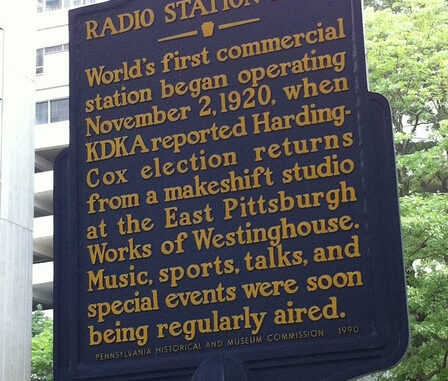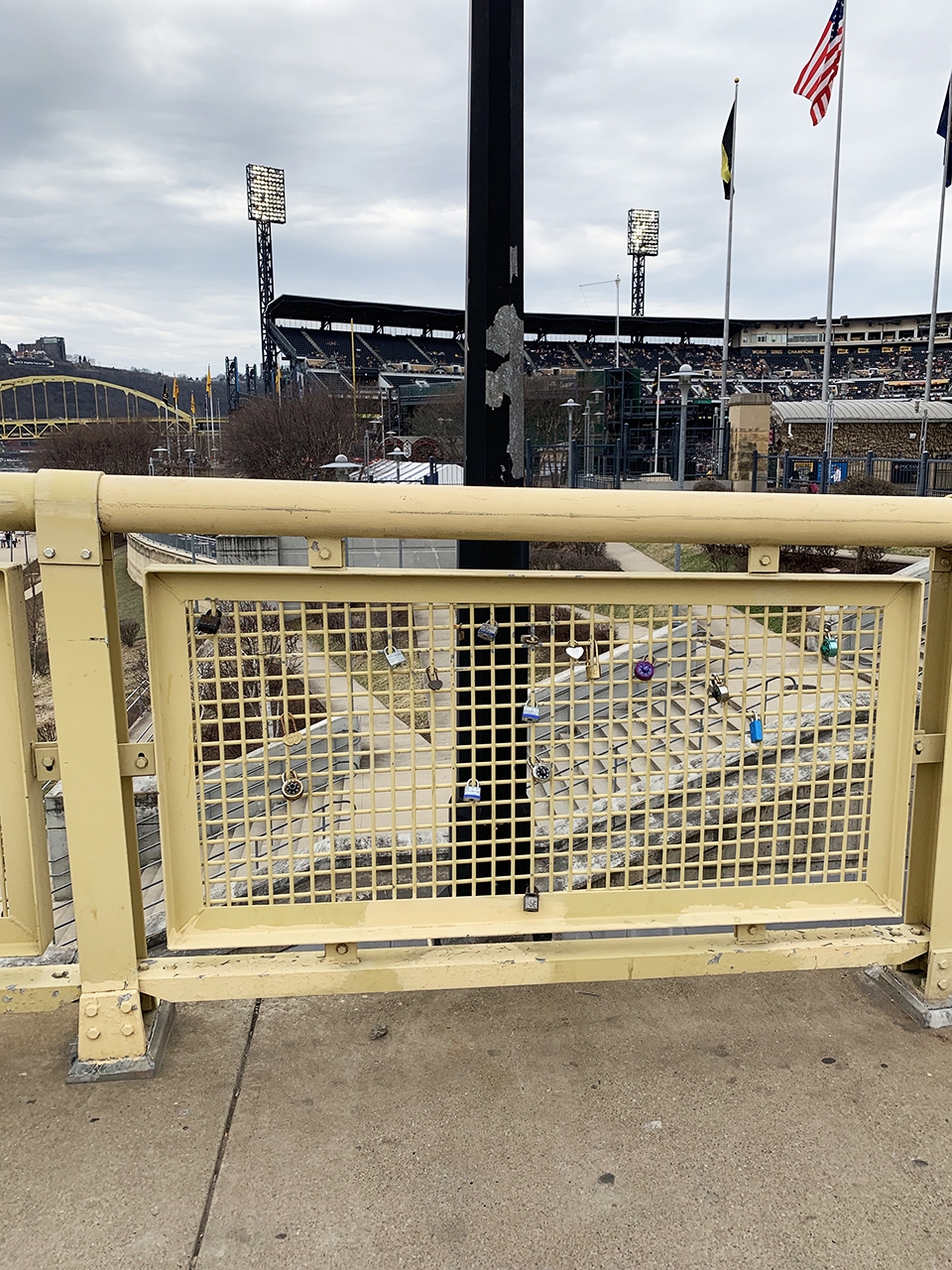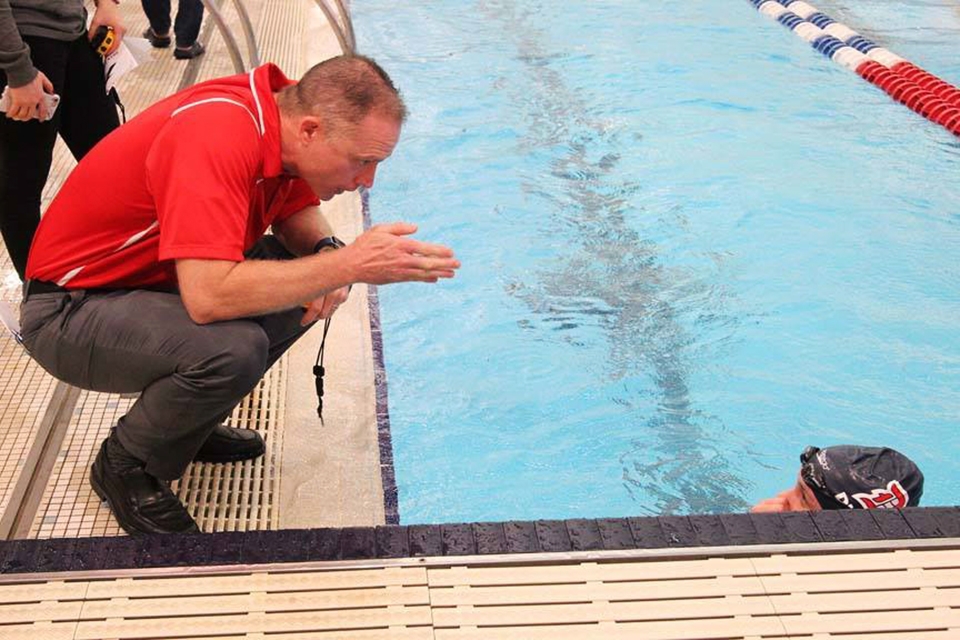
Kellen Stepler | Editor-in-Chief
11/5/2020
Citizens gathered around Tuesday night, glued to screens, watching the election returns come in – a Pittsburgh tradition 100 years old.
A century ago, on Nov. 2, 1920, the airwaves came alive with a new sound in Western Pennsylvania. At 6 p.m., the new KDKA Radio broadcast the returns of the presidential race between Warren G. Harding and James M. Cox.
To celebrate 100 years of radio, Duquesne University, the National Museum of Broadcasting, Westinghouse SURE and RIDC Keystone Commons hosted a virtual documentary Monday and Tuesday commemorating KDKA’s first broadcast, with university president Ken Gormley hosting.
“This historic radio broadcast garnered particular interest and attention,” Gormley said Monday night. “That transmission was the genesis of the individual communications networks we have around the globe today.”
Gormley told the story of Frank Conrad – “the Nikola Telsa of Pittsburgh” – who started his career at Westinghouse at the age of 16.
“He was visionary at the time when innovative visions could literally change the world,” Gormley said.
The 1920 election between Harding and Cox was very significant. It was the first time American women could vote in an election, and it was the first election after World War I.
“Americans in 1920 were exhausted, looking for an end to upheaval and new reasons to have hope in the future,” Gormley said.
A radio pioneer, Conrad took a role advancing wireless radio to new heights, first inside a garage in Wilkinsburg and then to a shack on the Westinghouse Electric property in Turtle Creek. The experimental station was called 8XK.
The U.S. Department of Commerce, the agency responsible for licensing radio stations, issued the first radio license ever to KDKA on Oct. 27, 1920. KDKA stands for nothing — it was just the next call letters available on the roster, and were assigned from a list maintained to provide information from marine shore stations and ships.
From that shack, Conrad received information from the Pittsburgh Post newspaper and broadcast the returns for all of Pittsburgh to hear –making history that night.
“Westinghouse knew that the 1920 election was of great interest to all Americans, so KDKA set out to meet the demand for accurate and timely reports regarding the results – and they didn’t disappoint,” Gormley said.
Westinghouse and Conrad chose the date because of it being election day. The power of radio proved true, as people could listen to the results live before they read about it in the newspaper.
About 26.8 million Americans cast their ballots in the 1920 election, and were able to listen to the results, live, for the first time.
“Conrad’s mission of broadcasting news and information to the masses was complete,” Gormley said.
KDKA was a huge hit, and inspired other companies to take up broadcasting — a term created by Conrad himself. Just four years later, there were 600 commercial stations around the country.
Despite his formal education ending in 7th grade, Conrad began employment at Westinghouse as a teenager, working his way up to assistant chief engineer in 1921.
The anniversary of the birth of commercial radio ran into Tuesday, with Gormley and KDKA broadcaster Larry Richert discussing the historical impact of KDKA radio – with Gormley dubbing Pittsburgh as the “Silicon Valley of broadcasting at that time.”
“This just changed the world, and Pittsburgh was the epicenter,” Gormley said.
Richert said that when he first joined KDKA, he hoped that he would still be around working for the station as part of this historical moment.
The pair then discussed the 1920 election – ironically, with the theme “return to normalcy,” as Gormley noted – and the 2020 election.
“A hundred years ago, they announced the winner of the presidential election,” Richert said. “We will not likely be able to do that tonight, because we have to wait until the mail-in ballots are counted.”
Gormley also talked to KDKA radio personality Jack Bogut Tuesday night, where Bogut noted the prestige that KDKA radio had.
“KDKA had such prestige in the marketplace and nationally that we could call and say, would you do that, … and we kind of traded favors that way,” Bogut said. “We were a national presence.”
Tuesday’s coverage, fittingly, provided election updates in partnership with the Pittsburgh Post-Gazette.
On Monday, Nov. 16 and Monday, Nov. 23, ON-AIR, a radio theater broadcast featuring the story of Conrad and his wife, Flora, in the 1920s, will air at 7 p.m. The musical will feature the couple’s humble beginnings, the fight for women’s suffrage and the start of KDKA. Access to the broadcast is free, and you can register for a secure link at www.creativecouldron.org.




